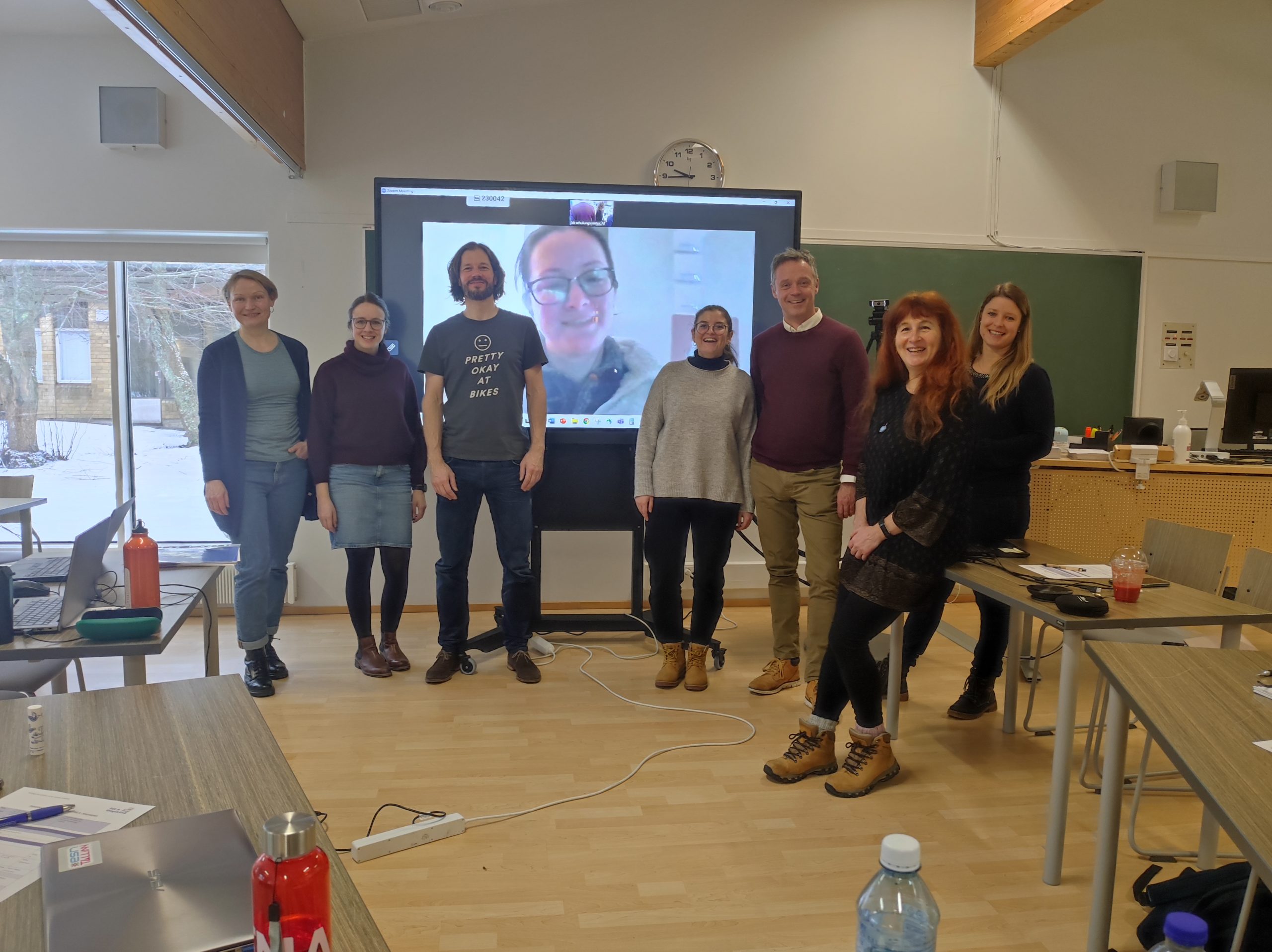The popularity of mobile-assisted language learning (MALL) apps has increased dramatically in the last years as mobile devices such as smartphones and tablets become indispensable in our daily lives. Outcomes of clinical trials suggest that language learning apps could probably serve as better Alzheimer’s treatment than the newest medication.
MALL applications usually stand out because learners can study in a self-directed and playful manner. Content can be accessed on demand, independent of time and place, and learners can usually choose the order and frequency of accessing the learning material themselves. Nevertheless, there are concerns whether the commercial products (e.g. Babbel, Duolingo) are always validated scientifically or empirically and whether they address towards the needs of learners and educators. Other negative aspects of MALL are limited screen space and users’ short attention span for learning. Furthermore, language learning apps are often limited to basic skills such as vocabulary learning. In addition, the ability to conduct self-regulated, self-directed, and self-reflective learning is essential to learners’ language acquisition. Therefore, language learning apps are most suitable for experienced learners with a high degree of self-discipline.
Another aspect of digital language learning is that especially children who study with their peers in the same environment show increased social and emotional arousal, which motivates their learning and leads to better performance. For example, facial and emotional expressions or body gestures are all human signals on top of textual and verbal information, serving as feedback, and interests for continued engagement (or lack therefore). Accordingly, it is important that MALL applications provide immediate feedback and affective responses (e.g. with the help of an avatar). Based on such analysis, a personalized learning plan and learning material that fits individual learning profiles are recommended too. Using data collection new exercises can be automatically generated to match the level of each learner. For educators, utilizing the data generated in such environments would guide the design and implementation of accurate and personalized education. In addition, greater synergy between technology and human characteristics is needed – technology has to be adaptive to individuals’ cognitive, social, affective, and linguistic abilities and profiles.
In summary, the use of MALL is evolved broadly and is in vogue due to the flexible access without dependence on time and location. However, effective use of digital language learning tools requires the inclusion of the results of teaching and learning research. From today’s perspective, in order to learn a language comprehensively, it is probably more advisable to attend a language course rather than using an app. Nevertheless, the applications can provide initial access to the language and can serve as support in the learning process.
Sources :
- Li P, Lan Y-J (2022). Digital Language Learning (DLL): Insights from Behavior, Cognition, and the Brain. Bilingualism: Language and Cognition 25, 361– https://doi.org/10.1017/S1366728921000353
- Pomeroy R (2023). Duolingo is probably a better Alzheimer’s treatment than the newest breakthrough drug. Neuropsych. BIG THINK. https://bigthink.com/neuropsych/duolingo-bilingualism-alzheimers/
- Würffel, N (2021). Kann man mit Apps Sprachen lernen? MDR JUMP. https://www.mdrjump.de/thema/quicktipp/sprachen-lernen-mit-apps-100.html




